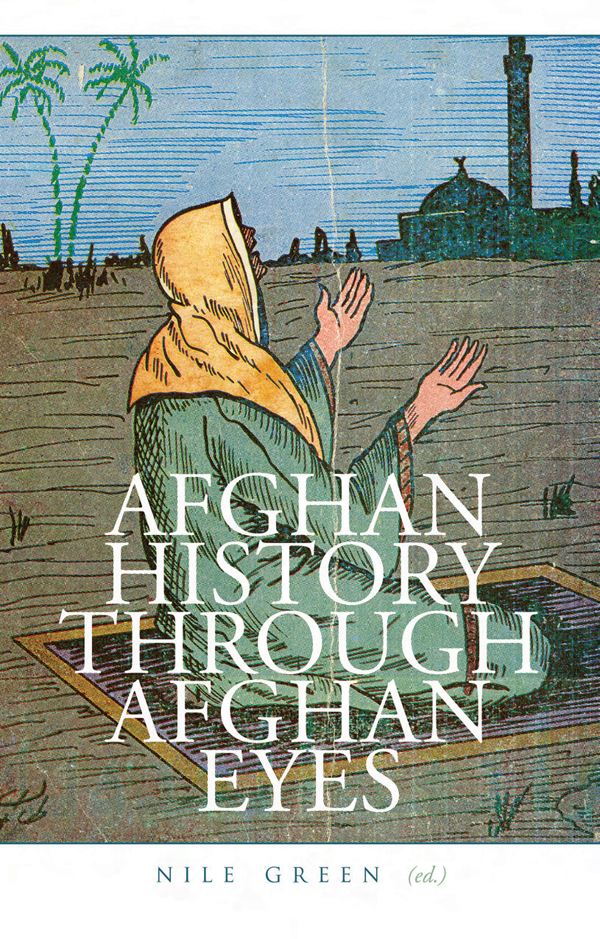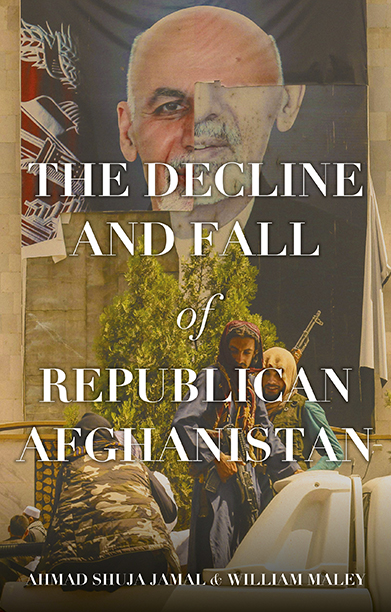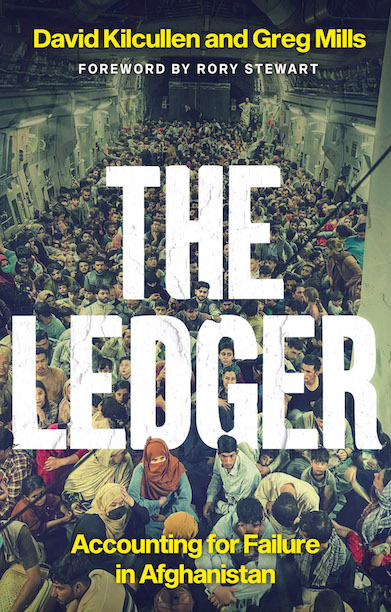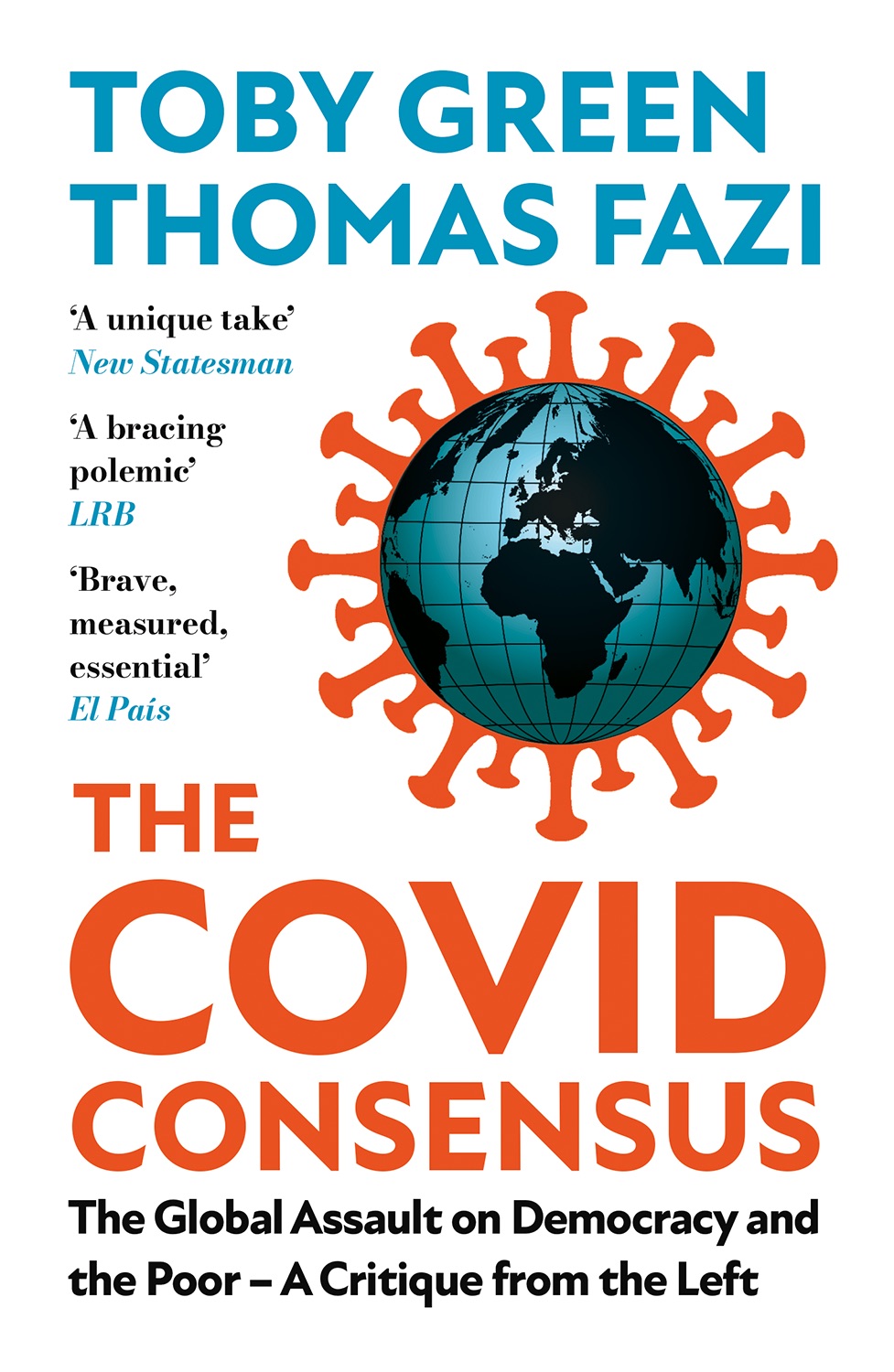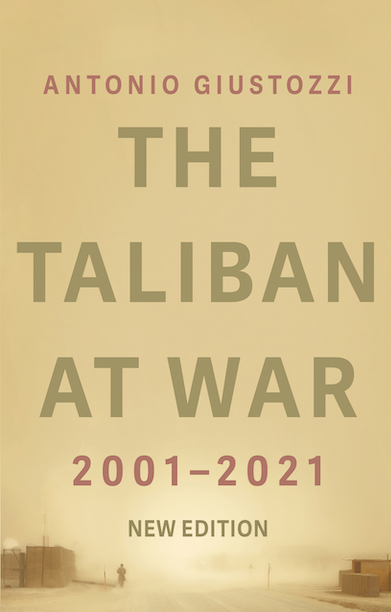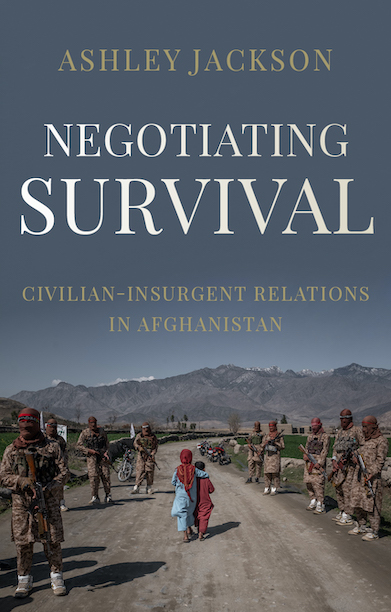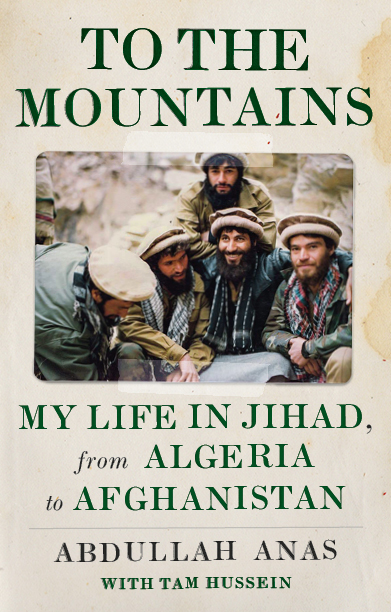Description
Recent international intervention in Afghanistan has reproduced familiar versions of the Afghan national story, from repeatedly doomed invasions to perpetual fault lines of ethnic division. Yet almost no attention has been paid to the ways in which Afghans themselves have made sense of their history.
Radically questioning received ideas about how to understand Afghanistan, Afghan History Through Afghan Eyes asks how Afghan intellectuals, ideologues and ordinary people have understood their collective past. The book brings together the leading international specialists to focus on case studies of the Dari, Pashto and Uzbek histories which Afghans have produced in abundance since the formation of the Afghan state in the mid-eighteenth century. As crucial sources on Afghans’ own conceptions of state, society and culture, their writings help us understand the dominant and marginal, conflicting and changing, ways in which Afghans have understood the emergence of their own society and its relationships with the wider world.
Based on new research in Afghan languages, Afghan History Through Afghan Eyes opens up entirely fresh perspectives on Afghan political, social and cultural life, providing penetrating insights into the master narratives behind domestic and international conflict in Afghanistan.
Table of contents
Introduction: A History of Afghan Historiography
Nile Green
1. Afghan Polities and the Indo-Persian Literary Realm: The Durrani Rulers and Their Portrayal in Eighteenth-Century Historiography
Christine Noelle-Karimi
2. Tarikh-i Ahmad Shahi: The First History of ‘Afghanistan’
Amin Tarzi
3. ‘The Bottomless Inkwell’: The Life and Perilous Times of Fayz Muhammad ‘Katib’ Hazara
Robert D. McChesney
4. Archaeology in the Reign of Amanullah: The Difficult Birth of a National Heritage
Annick Fenet (translated by Nile Green)
5. From Patriot to Port-City Poet: Mahmud Tarzi in Istanbul
Thomas Wide
6. Writing National History: Afghan Historiography in the Twentieth Century
Senzil Nawid
7. Reclaiming the Past: The Tawarikh-i Hafiz Rahmat Khani and Pashtun Historiography
Robert Nichols
8. Uzbek Oral Histories of Migration and War: Remembering the Early Twentieth Century in Northern Afghanistan
Ingeborg Baldauf
Afterword
Farzin Vejdani
Reviews
‘The past in the present constrains and enables our visions of ourselves as inheritors and makers of history and identity. Afghan History Through Afghan Eyes, drawing on Afghan discourse and texts, provides a much needed corrective to the Great Game paradigm of history. It is a very welcome contribution to the understanding of our past and the foundation for a new paradigm of analysis.’ — Mohammad Ashraf Ghani, President of Afghanistan
‘The central purpose of Afghan History Through Afghan Eyes, a fascinating collection of historiographical essays edited by Nile Green, is to counter what he calls the “Great Game paradigm,” which “places at the epicenter of historical causation external agents and imperial foes, foreign soldiers and domestic rebels.” I have a great deal of sympathy for this critique.’ — Anatol Lieven, New York Review of Books
‘This wonderful volume provides a much needed addition and corrective to the recent historiography of Afghanistan, which relies on colonial narratives of the Afghan past. It draws on indigenous voices in indigenous vernaculars to provide a scholarly depth equalled only by its topical breadth.’ — Benjamin D. Hopkins, Associate Professor of History and International Affairs, George Washington University, author of Fragments of the Afghan Frontier
‘This excellent volume on Afghan historiography will make Afghan historians and their indigenous sources better known to the outside world. It traces the changing uses of history in Afghanistan, from justifying and glorifying dynastic rulers to buttressing Afghanistan as a nation state. This ambitious book is the first to take on this topic.’ — Thomas Barfield, Professor of Anthropology at Boston University, and author of Afghanistan: A Political and Cultural History
Editor(s)
Nile Green is Professor of South Asian history at UCLA and founding director of the UCLA Program on Central Asia. A specialist on the Muslim communities of South Asia and the Middle East, his research brings Islamic history into conversation with global history. He has authored six monographs, including Bombay Islam: The Religious Economy of the West Indian Ocean, which won the Albert Hourani prize and the Ananda K. Coomaraswamy prize.
